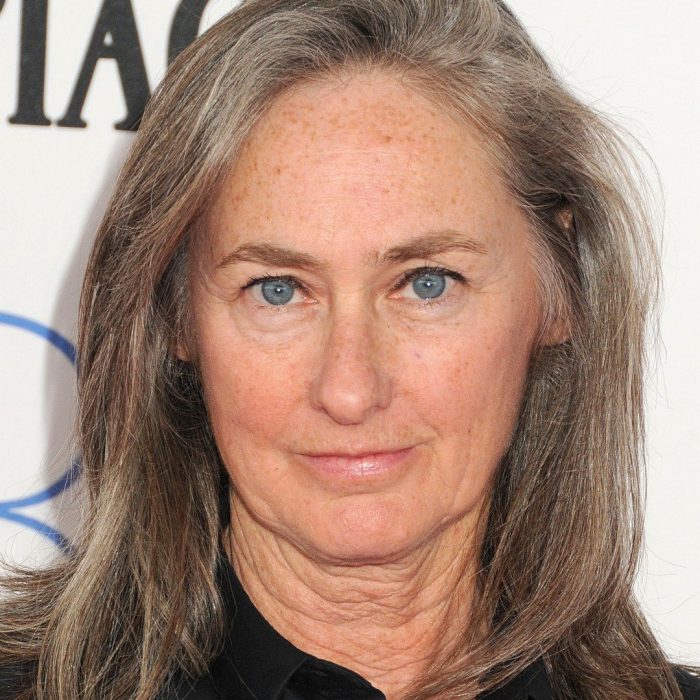Mary Sweeney’s versatile career in film has spanned over forty years. Her filmography is characterised by collaboration with film director David Lynch, whose surreal and mystical films, edited and produced by Sweeney, have become modern classics.
As they say, behind every successful man there is a woman, and Sweeney is that woman, whose significant contribution has so enhanced award-winning films and TV series that cruise down the dark roads of dream worlds. As a producer, she enables rare artistic freedom and, as an editor, she cuts abundant and ambiguous material into an emotive experience whilst ensuring that viewers stay on track.
Sweeney began her career as an assistant editor and sound editor on quality dramas such as Warren Beatty’s Reds (1981) and Bruce Beresford’s Tender Mercies (1983). She started working with David Lynch as an assistant editor on the films Blue Velvet (1986) and Wild at Heart (1990), after which she quickly progressed to become a key collaborator with Lynch as his producer and editor.
Their decades-long collaboration resulted in the biggest milestones in their respective careers, including one of the greatest TV series of all time Twin Peaks (1990–1991) and the murder mystery Lost Highway (1997), subconsciously inspired by the O. J. Simpson trial. Mulholland Drive (2001), the phoenix that rose from the ashes of an abandoned TV pilot, is considered one of the best films of the 2000s, earning Sweeney the 2002 BAFTA Award for best editing.
In the late 1990s, Sweeney drew inspiration from a true story to write the screenplay for The Straight Story (1999), a gentle film and arguably one of Lynch’s best. The warm and humane drama tells the story of Alvin Straight, a 70-year-old war veteran, who travels hundreds of kilometres on his lawnmower across the states to make amends with his dying brother.
Sweeney’s own directorial debut Baraboo (2009) reflects the compassionately humanitarian tone of The Straight Story, interweaving the lives of six individuals in different situations, set in the dingy motel district of a small town. Against the backdrop of picture-postcard landscapes, the film’s nucleus of warm-hearted reciprocal care conceals an altogether darker undertone and the scars borne by three generations affected by war.
Alongside her filmmaking, Sweeney teaches at the University of Southern California, exploring ‘Myths and Metaphors’ and encouraging students to think beyond rigid dramatic conventions. Her latest venture has brought her into the world of podcasts to collaborate with brain imaging professor Jonas Kaplan on the spellbinding podcast FLOAT, which explores the interconnections between art, creativity, and neuroscience.
Otto Kylmälä
